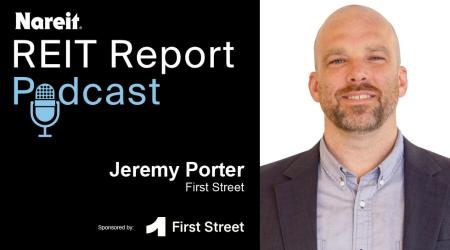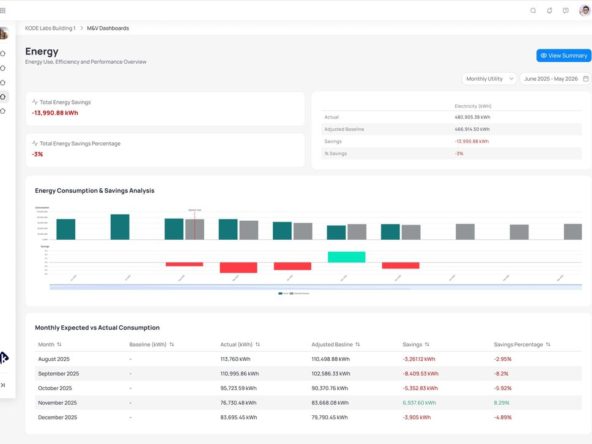Mortgage industry experts are divided over the idea of allowing Fannie Mae and Freddie Mac to increase their purchases of mortgage-backed securities (MBS) in order to reduce mortgage rates, a proposal recently suggested by trade groups.
While the government-sponsored enterprises (GSEs) could create demand quickly amid a reduction in the Federal Reserve’s presence in the MBS market, some fear this could create a conflict of interest. They also noted that the companies’ demise in 2008 was tied to their outsized portfolios. Loan underwriting has improved significantly since then, but the memories could create political challenges.
Overall, the perception is that having new buyers of MBS would be positive for the industry, although some question whether the GSEs would be the best actors to play this role.
The Community Home Lenders of America (CHLA), one of the associations advocating for the idea, has recently called on the U.S. Department of the Treasury and the Federal Housing Finance Agency (FHFA) to allow the GSEs to expand their retained portfolios when the spread between the 10-year yield and the 30-year mortgage rate is above 170 basis points.
The current level is 215 bps due to the Fed’s quantitative tightening (QT) program imposed in 2022 — higher than the historic norm of 140 to 170 bps. On Wednesday, the Fed announced it will begin reinvesting MBS paydowns into Treasury securities, reducing even further the demand for the mortgage asset.
“Young families need all the help they can get today to buy their first home, but the too-high mortgage-to-Treasury spread is hurting them,” Rob Zimmer, head of external affairs for CHLA, said in written commentary.
Under the Trump administration, GSE-retained portfolios grew from $170.7 billion in February to $215.2 billion in September, according to the CHLA. Trade groups representing community banks and home lenders called for amendments to the Preferred Stock Purchase Agreements (PSPAs) to enable the GSEs to purchase up to $300 billion of their own MBS and Ginnie Mae MBS when spreads are above 170 bps.
“That would certainly help reduce mortgage rates and tighten the spread between Treasurys and mortgages, which has been a little elevated for some time,” said Scott Ferrell, executive vice president and director of capital markets at AnnieMac Home Mortgage. “It’s a smart plan and a way to stabilize MBS prices.”
Nash Paradise, director of sales at UMortgage, said that as a broker, he sees it as a positive move because it would reduce rates for borrowers. But he doesn’t “necessarily love the idea of a GSE investing in their own creation,” which he called “a conflict of interest” and “not great for the economic health of the sector.”
Paradise favors other ideas to reduce rates, including changes to the loan-level price adjustments (LLPAs) considered recently by FHFA Director Bill Pulte.
Jeana Curro, managing director and head of agency MBS research at Bank of America, explained that the wider spreads are due to weak demand for MBS, and any new buyer would be welcome. The GSEs would be faster than the Fed to step in as potential buyers, but the move could complicate a potential stock offering or efforts to exit conservatorship.
“If they start buying all these assets, they’re probably going to have to hold capital against them, and that would impact their ROEs (returns on equity),” Curro said. “Would investors buy or participate in the IPO? That’s tricky.”


